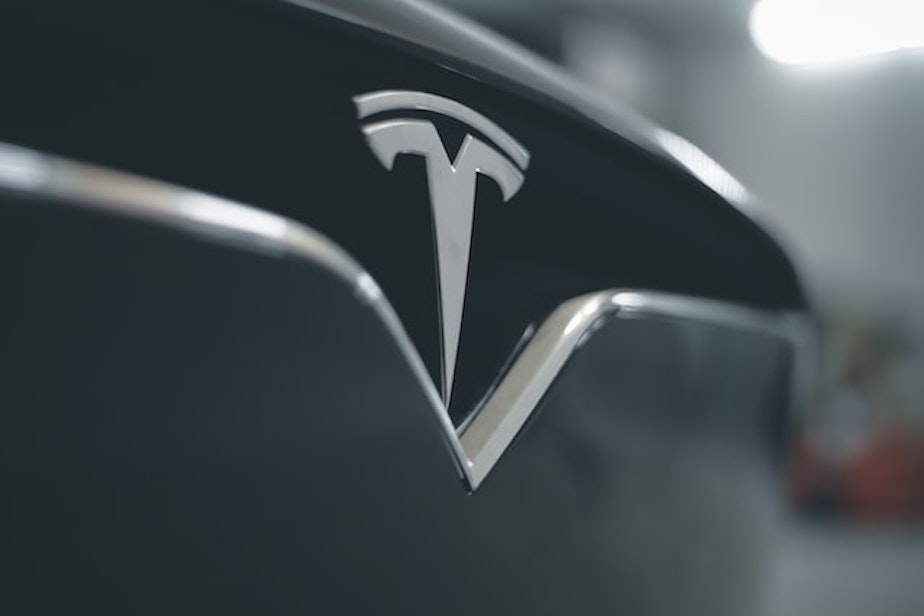Why Tesla's woes signal trouble for the electric car industry

Last week, electric car company Tesla announced a massive recall impacting over 2 million cars. The issue involves part of the cars’ Autopilot function, which “may not be sufficient to prevent driver misuse,” according to the recall notice.
You might have heard of some examples of that "misuse." Tesla is currently facing multiple lawsuits over crashes linked to the vehicle’s Autosteer technology. Some of those crashes were fatal.
Carl Medlock, the owner Medlock and Sons in West Seattle — one of the only independent Tesla repair shops in the country that isn’t owned or certified by Tesla — said the recall, which is just a software update for the car, will require people pay more attention to the road.
"Some people are getting way too comfortable with self-driving and assisted driving," he said. "They are just not not paying attention at all, or sleeping at the wheel."
Medlock said he only recommends using Tesla's Autosteer function on the highway, and not on city streets.
Sponsored
"I trust that technology. But you know, how quick can it react?" he said. "I know it responds very quickly but I still have that caution."
This recall comes at a time when other aspects of electric vehicle (EV) maintenance are under scrutiny. Reuters reports that the EV industry is suffering a global technician shortage that could mean long wait times and higher cost for repairs.
Medlock said his shop is booked out one to two years in advance, depending on what service is needed. He also noted that this isn't just an issue with Teslas.
"30% to 50% of the income of a dealership comes out of the service department," Medlock said. "And EVs — they have 4,000 less parts than a regular gas engine vehicle or diesel. There are fewer things to fix, so that means there's less money coming in the door."
That, Medlock added, means that dealerships aren't interested in selling or repairing electric vehicles. His business currently contracts with two local dealerships that don't have any electric vehicle technicians at all.
Sponsored
Fixing EVs also involves a lot of complicated skills. Medlock said his shop has a full time electrical engineer on staff who diagnoses car issues.
Additionally, the tools to fix electric vehicles cost a lot of money.
"I have probably close to $200,000 worth of tools," Medlock said.
He's collected those tools over a number of years, but just to get started, a mechanic should expect to need between $30,000 and $40,000 dollars worth of tools, he said.
"It's cheaper to go to school than it is to be a technician," Medlock said.
Sponsored
He also noted that the job is difficult to do: It's very technical, it's very physical, and if you make a mistake, you don't get paid.
And the pay you do get, Medlock said, can be really low. Specialists can make a good living, but "the beginning guys are making $15 to $25 an hour, and you can't rent an apartment in Seattle for that amount," he said.
The cost of parts is also an issue when it comes repairing EVs. Inverters, batteries, and other parts needed for electric cars can cost tens of thousands of dollars — often more than the cars are actually worth, Medlock said.
And, while EVs typically need repairs less often than gas powered cars, that high cost for parts means that EVs are often scrapped, instead of being fixed.
"It's not really saving the planet if you're scrapping the cars every year," he said. "So if I were to buy an electric car today and buy the biggest warranty I could buy, that's what that would be my recommendation."





